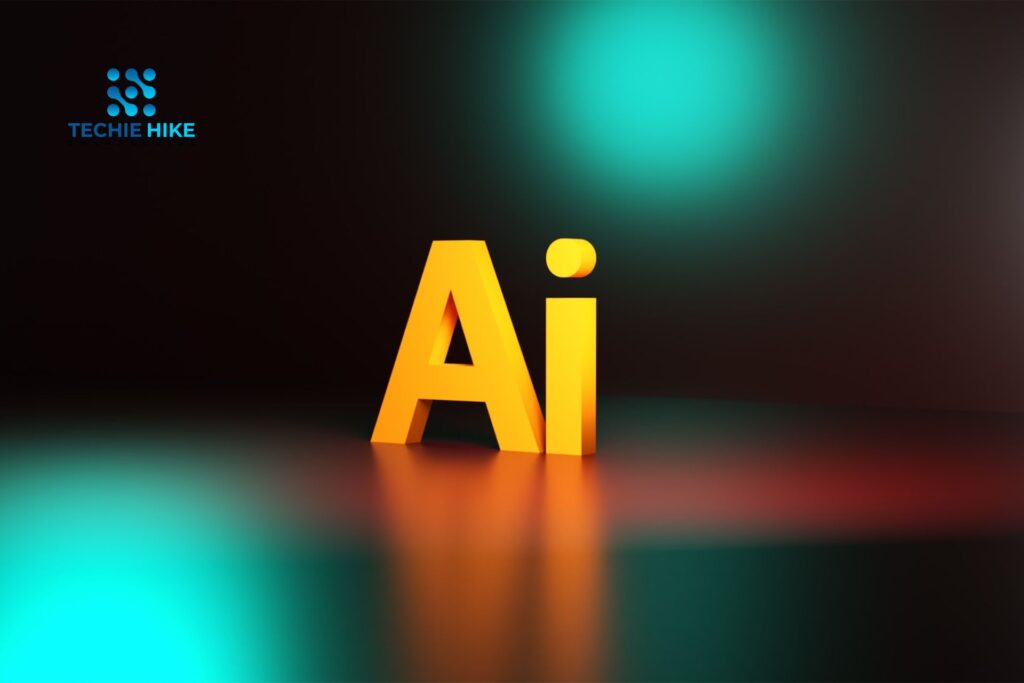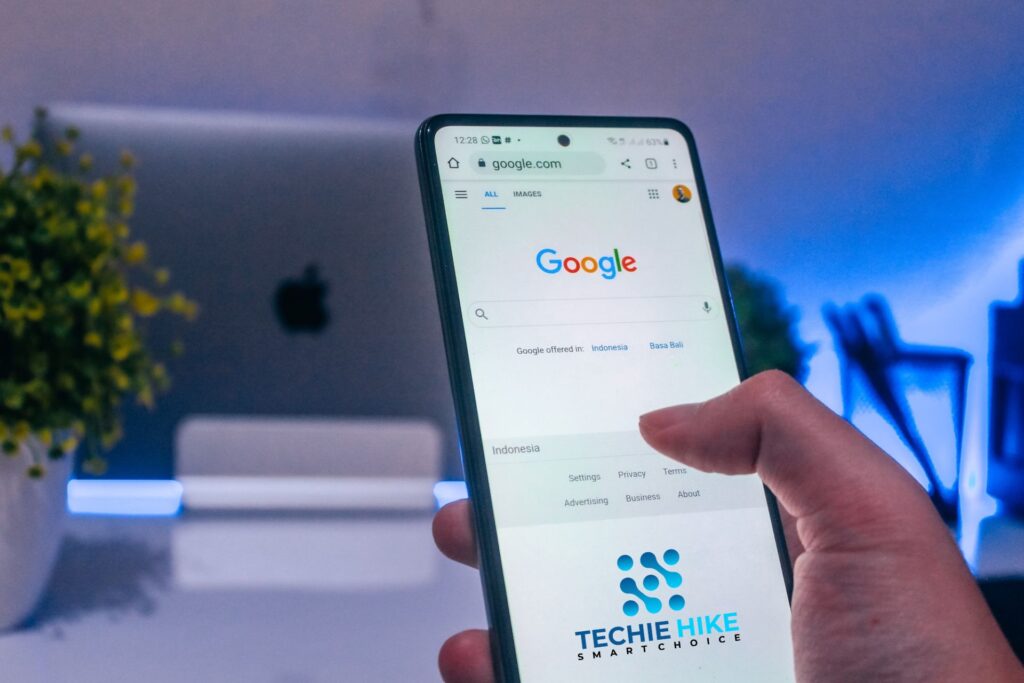Introduction: In today’s rapidly evolving technological landscape, artificial intelligence (AI) has emerged as a game-changer, revolutionizing the way we interact with technology. At the forefront of AI innovation stands Google, a company that has consistently pushed the boundaries of what AI can achieve. This article delves into the world of Google AI, exploring its applications, impact on society, and the future it holds.
The Foundations of Google AI
What is Google AI?

At its core, Google AI refers to the integration of artificial intelligence technologies into various Google products and services. It encompasses machine learning, natural language processing, computer vision, and other cutting-edge AI disciplines.
The Evolution of Google AI
Google’s journey into AI started several years ago, but it gained significant traction with the acquisition of DeepMind Technologies in 2014. Since then, Google has made massive strides, developing AI that can outperform humans in complex games like Go and even diagnose diseases more accurately than doctors.
Impactful Applications of Google AI
Google AI in Search
Google’s search engine, powered by AI algorithms, has become smarter and more intuitive. It can now understand complex search queries, deliver more relevant results, and even predict user intent.
Personal Virtual Assistants
Google’s virtual assistant, powered by AI, has become an indispensable part of our daily lives. From setting reminders to answering questions, it has redefined how we interact with our devices.
AI in Healthcare
Google AI has made significant contributions to healthcare, from analyzing medical images for early disease detection to improving the accuracy of diagnoses.
AI for Accessibility
Google is leveraging AI to make technology more accessible to people with disabilities. Voice recognition and other AI-driven features empower individuals with diverse needs.
Ethical Considerations in Google AI
Privacy Concerns
With the vast amounts of data AI systems require, concerns regarding user privacy and data security have come to the forefront.
Bias and Fairness
AI algorithms can inadvertently perpetuate biases present in training data. Google has been actively working to address these issues and create fairer AI systems.
The Future of Googl;e AI
Advancements in AI Research
Googl,e continues to invest heavily in AI research, collaborating with top minds in the field to push the boundaries of what AI can achieve.
Integrating AI into New Domains
The future of Googl,e AI will likely involve expanding its reach into new areas, from autonomous vehicles to sustainable energy.
AI for Social Good
Googl, e aims to harness the power of AI to tackle some of the world’s most pressing challenges, such as climate change and humanitarian crises.
Conclusion:
Google A I has already made a profound impact on our lives, and its potential is boundless. As we move forward, it is essential to strike a balance between innovation and ethical considerations, ensuring that AI continues to serve as a force for good in society.
FAQs (Frequently Asked Questions)
- Q: How is Google A I different from traditional programming? A: Traditional programming involves explicit instructions, while Google A relies on data-driven learning and adaptation.
- Q: Can AI replace human creativity? A: While AI can augment creativity, the human touch remains irreplaceable in certain domains.
- Q: How does Googl,e ensure AI transparency? A: Googl,e is committed to providing explanations for AI-generated outcomes to enhance transparency.
- Q: Is Google A I accessible to developers? A: Yes, Googl,e offers various AI tools and APIs for developers to build AI-powered applications.
- Q: What is the role of AI ethics in Google’s approach? A: Ethical considerations are at the core of Google’s A I development, aiming to create responsible and fair AI systems.

